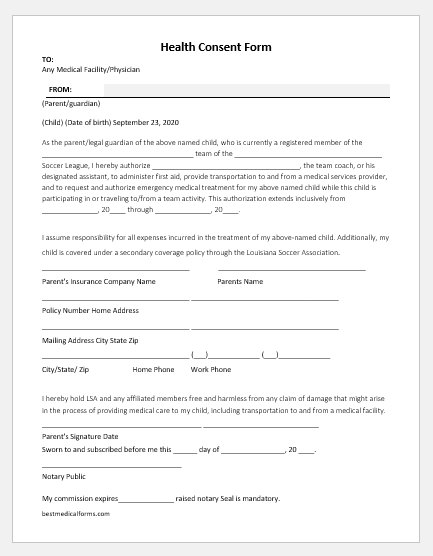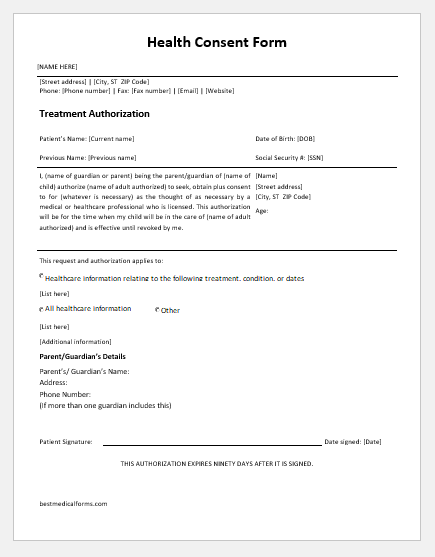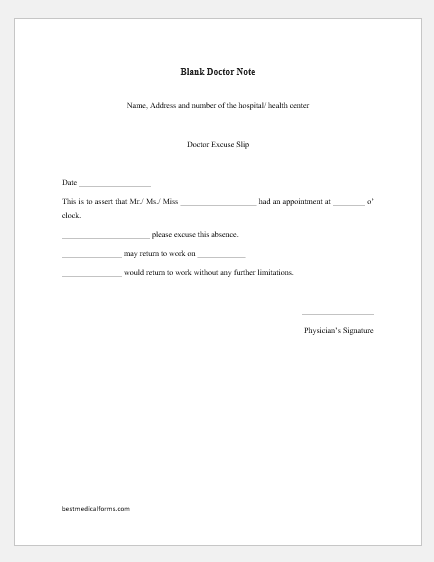Health is the state of complete physical, mental, and social well-being of an individual, and not merely the absence of disease or infirmity.
A regular health checkup is essential for any individual as many diseases do not show up until the late stages and need to be managed at an earlier stage. A healthy person can do his day-to-day activities and manage his professional and personal life much better than a sick person. Health not only includes normal physical appearance but also a sane mind and normal social outlook. Hence regular health monitoring at all ages should be done to achieve balance in personality.
Health Monitoring
Health monitoring includes regular physical and mental checkups. It begins with meeting a registered medical practitioner, who obtains a complete medical history and history which may alter the proceeding with health monitoring. Then he orders baseline investigations which may include blood tests, urine tests, x-rays, and ECG. Eye, nose, throat, and ear examination is done.
A psychologist or psychiatrist helps to assess for any mental illness. Any morbidity or deformity is then further analyzed by ordering more examinations and tests. Any treatable illness is then addressed accordingly after obtaining informed consent.
The patient is clearly told about his illness and all treatment options are discussed with him. He is then allowed to take time to make a decision and he has the right to refuse further investigations and management at any time. The patient is then guided about the follow-up and rehabilitation required if any.
Importance of Consent
Informed consent is the permission given by an individual who is told about all the facts, procedures, and consequences of all actions taken to do health assessment and treatment. It serves these functions:
- Protect patient autonomy
- Encourage physicians to make decisions confidently
- Avoid the communication gap between doctor and patient
- Promote decision-making by patients
- Increase the involvement of the public in health assessment
Health Consent Form
Consent is essential in medicine because it allows benefits both for the patient and the practitioner. It is a felony to proceed with any management without obtaining written documentation stating the facts about the proceedings with harm and advantages. There are a few basic elements that must constitute the health consent form in any part of the world. These are as follows:
- Name of patient, age, sex, date of birth, address, contact number, and blood group
- Any current history of medical illness, surgery, allergies, or drugs
- Facts about medical healthcare
- Home care services
- Patient’s rights and responsibilities (patients have the right to refuse medical treatment or health assessment)
- Health care authorization
- Immunization authorization
- Agreement to medical treatment
- Confidentiality and privacy
- Rights of the elderly (if applicable)
- Emergency plan
- Handling of complaints
- Policy on abuse, negligence, and exploitation
- Emergency Contact
- Name and signature of the consenter



